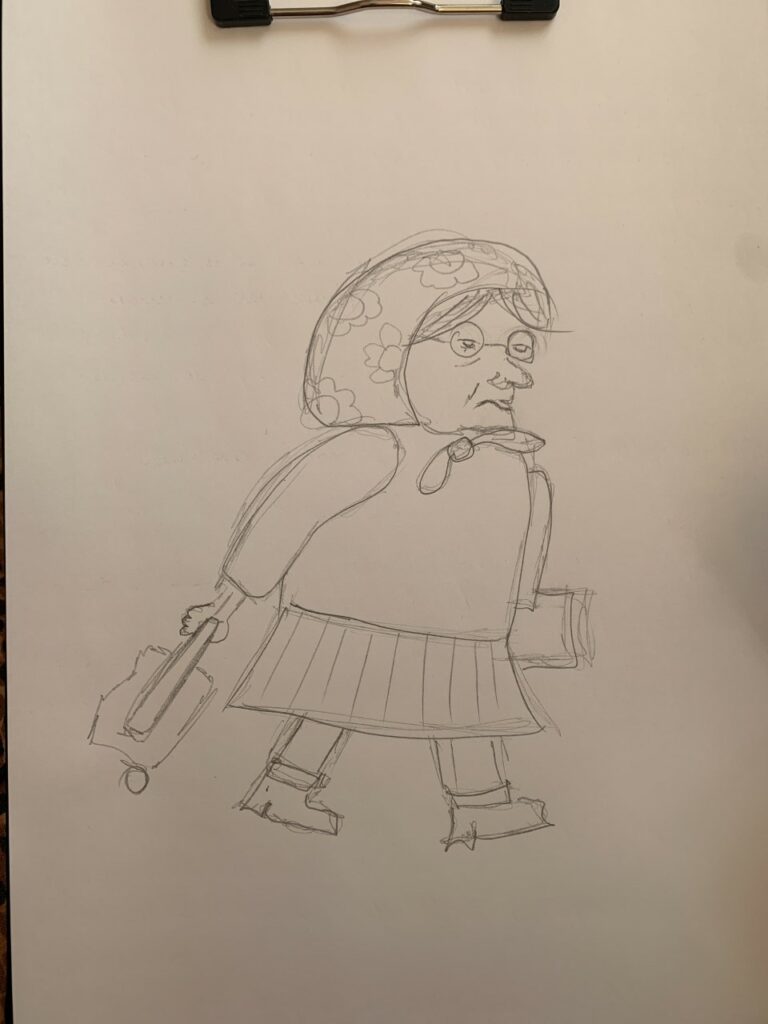On February 24, 2022, the Russian army entered Ukraine under the guise of a “special operation”. Millions of Ukrainians have since become refugees, seeking safety from the violence of Russian troops. The proliferation of social media platforms, from TikTok to Telegram, highlights the centrality of the mobile phone as an essential tool in this war. The phone is a means to: document the atrocities refugees are witnessing; record their journey; stay connected to friends and family; and to access information when they land. This pilot project will investigate this issue in the specific Ukrainian refugee context.
Phase 1 of the project builds on interviews with Ukrainian refugees in Romania, conducted by Dr. Loredana Ivan and her students. Phase 2 involves co-developing a new set of interviews that focuses more precisely on issues related to age and aging with mobile media as an older refugee in times of war. Once these are done, a second report will be written using a thematic analysis of these findings. From this data will come both a conference paper, and one peer-reviewed article, a bibliography and a guide on our methods.
Some themes discussed by this study include: what do older adults, including refugees do with their phones? What social media sites do they access, and the apps they use? How do older refugees manage privacy and security? How is information and disinformation affecting communications between kin, both within Ukraine and across national borders, including the border between Russia and Ukraine? Further, this study is concerned with the temporality of war: How do these lived temporalities play into mobile media usage, media which in themselves have their own rates and velocities of diffusion and circulation within the current mediascape during this time of war?
The study additionally aims to provide an examination of the representation of older adults on social media. Social media sites indicate the myriad of roles played by older adults in the war and images of older people are dispersed throughout social media. Older Russian adults have been figured as central to the perpetuation of war, and a key part of the problem of disinformation because of their reliance on television. Younger users, in discourses on the media, are figured as more able to access information and hence less conservative and compliant in their views. This is work that will begin to analyze the reality of this notion by thematically analyzing interview materials and media representations.




